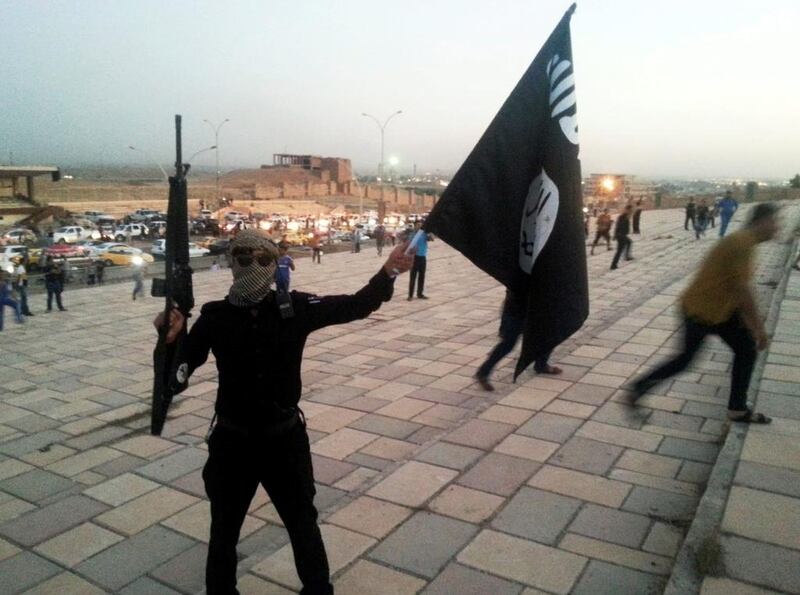Ever since ISIL began spreading its toxic messages there has been a hope that “soon” we will see an end to its reign of terror.
One of the ways to end an idea, or an ideology, is to replace it with another one. One of the few good things that ISIL’s hijacking of an entire religion accidentally achieved was to reawaken the discussion about what is being taught about Islam and how to bring back true “iman” (faith) built on peace, understanding and love.
The tone of popular religious figures has changed, and we can see that from their tweets and statements. There has also been better and stronger outreach to youth through social media and new TV programmes.
There are so many experts out there studying ISIL and still we haven’t managed to eliminate this poisonous group and its messages of hate and death.
There have been many theories behind why such a terrorist group spread: from broken states to broken identities, from the impact of war and sanctions on generations to a sense of isolation and loneliness and a simple case of boredom for some.
One of the ways to reach the masses and inspire dialogue is through films.
It will be interesting to watch and monitor viewer reaction to what is being marketed as an intense and disturbing 30-part drama series this Ramadan on the MBC network, showing what life is like under ISIL and how the terrorist organisation recruits women.
Called Al Gharabeeb Al Soud (meaning Black Crows), it is considered to be the first Arabic television show to delve into the rise of extremism in the region from a female perspective, relying on genuine accounts and true stories to “expose Daesh’s despicable crimes, as well as its brutal methods involving repression and criminality”, according to MBC.
For many of those not living under their tyranny and threat, ISIL is not a topic of interest. If anything, it is to be avoided. But curiosity may persuade these people to watch the series and debate the subject.
We can’t just ignore what is happening, and we need to make sure it is not repeated.
They are terrorists who destroy cities and monuments, who rape and kill, who kidnap and bomb, and yet there are still people who communicate with and support them. Some still even want to join them with the latest video coming out this year targeting China, where ISIL militants from that country’s Muslim minority group have vowed to return home and shed rivers of blood. There was also a report this year about a steady stream of recruits from Trinidad and Tobago, a small Caribbean nation, who head to Syria to join the terrorist group. So the story is not over.
Following the topic closely, and having seen some of the posts that target women specifically – such as ones that offer promises of becoming “jihadi brides” – one can see that this is a deep and disturbing problem.
In a previous column, I discussed how friends mocked “the desperate, weak” women who join ISIL. As this new series will show, it is not as simple as that.
Let us hope that this year will hopefully be the end of ISIL, and people living under it or near it can finally be freed to rebuild and restart their lives. May this “soon” be true, as rebuilding takes much longer than destruction.
rghazal@thenational.ae
On Twitter:@Arabianmau





